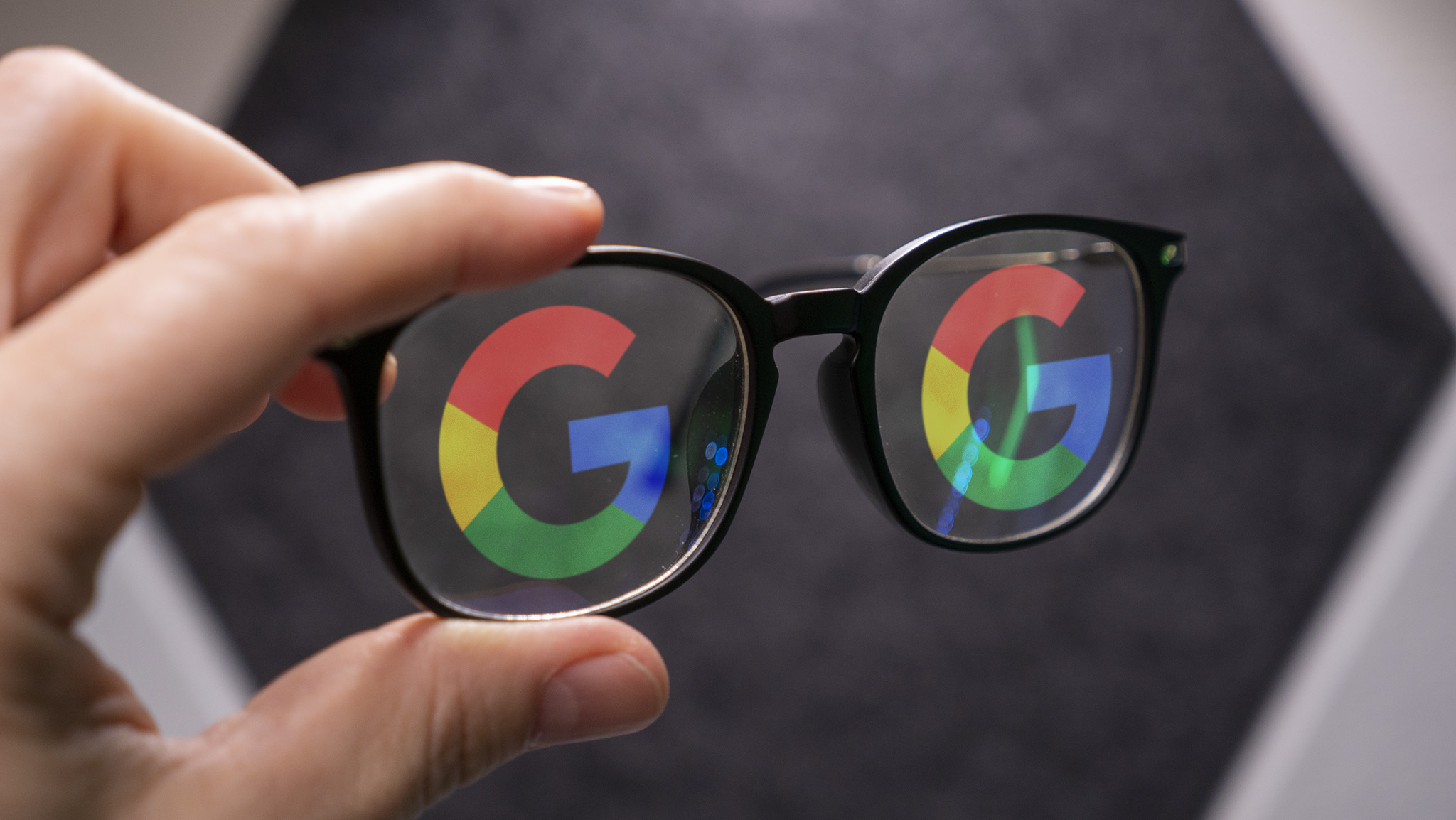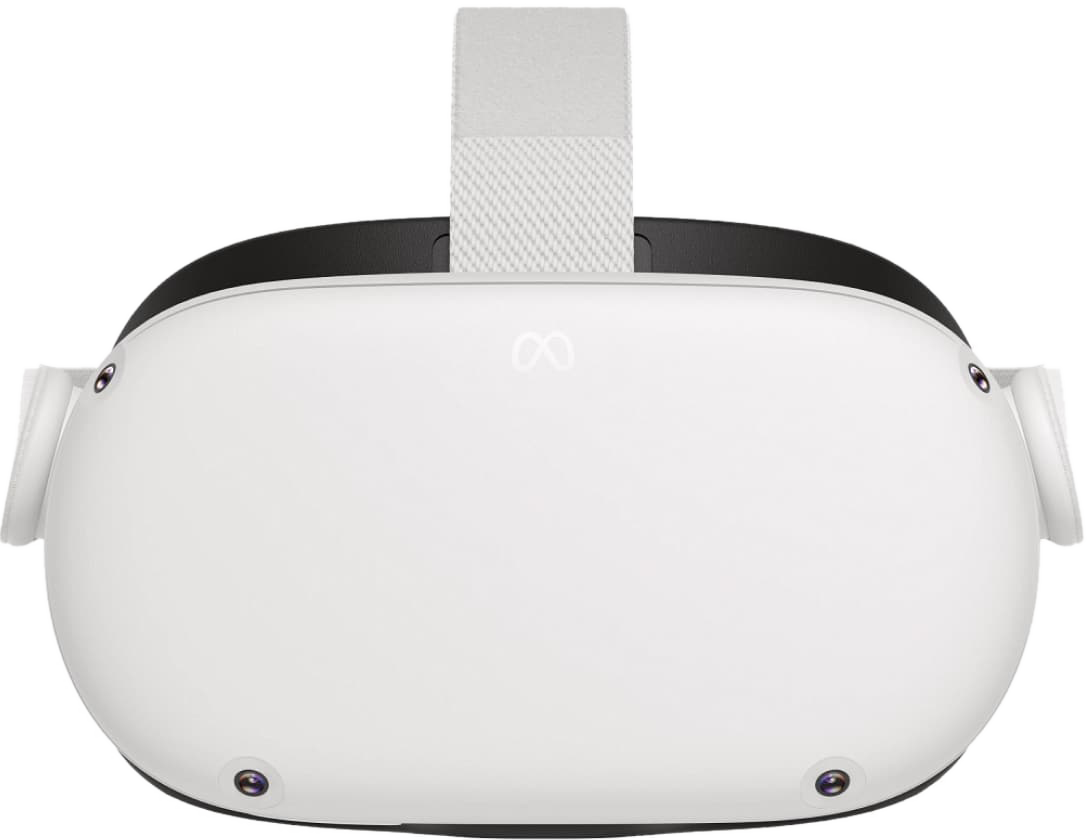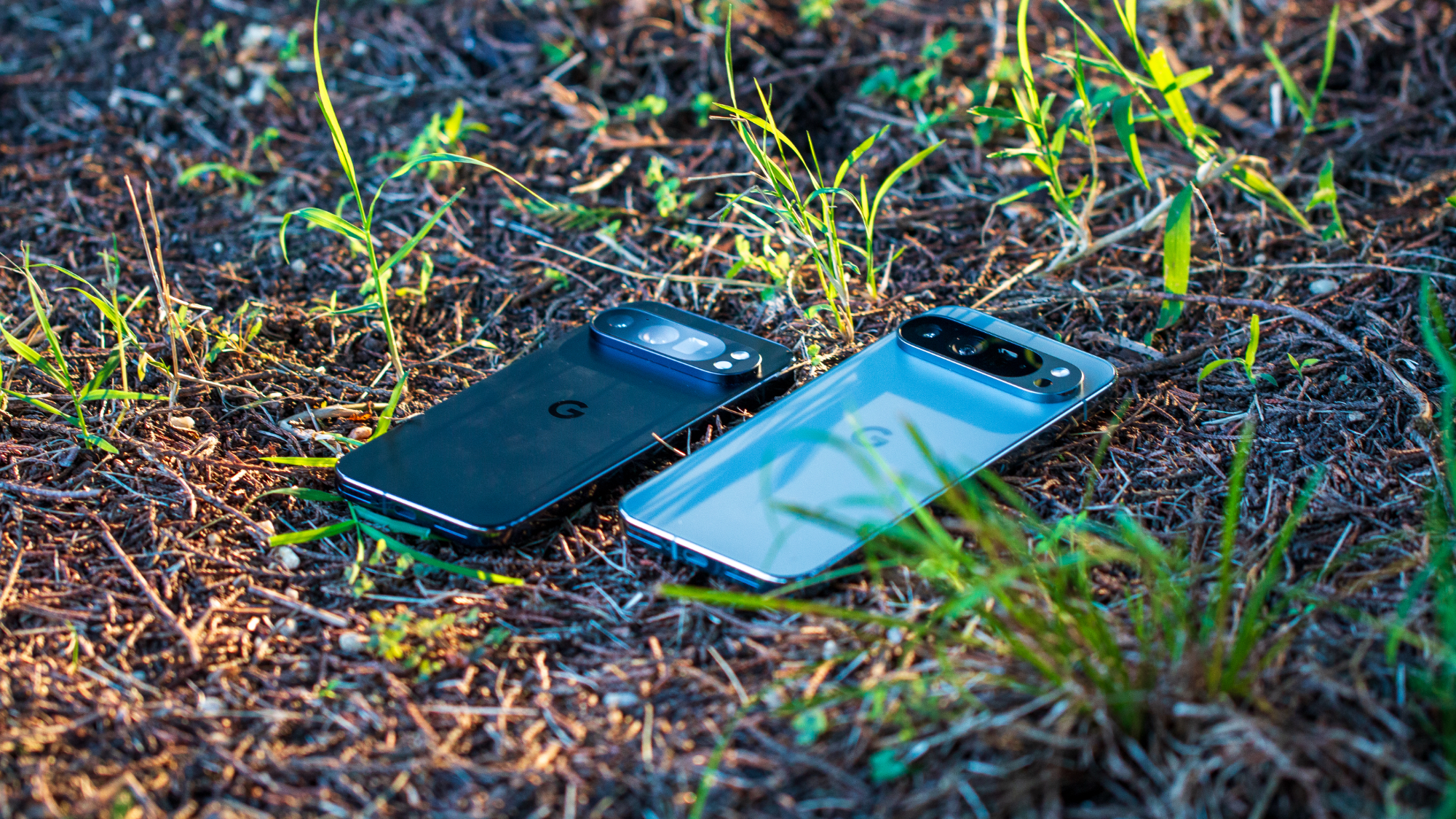Google's latest acquisition could signal a re-entry into AR/VR hardware
Yet another piece of the puzzle showing Google's renewed interest in XR.

What you need to know
- Google has acquired Raxium, a microLED display manufacturer for an unknown sum.
- The potential $1 billion acquisition follows suit with a number of recent moves by Google to reenter the AR/VR space.
- MicroLED displays are also useful for other types of wearables like smartwatches and foldable phones.
Google has officially acquired Raxium, a company that makes MicroLED displays. Google says Raxium was chosen for its work "creating miniaturized, cost-effective and energy-efficient high-resolution displays that have laid the foundation for future display technologies." In short, Google seems to want to make its own in-house displays for future products just as it began making chipsets for the Google Pixel 6 last year. Raxium was previously eyed by Snap, Meta, and Apple for the same reason.
Google's senior vice president of devices and services, Rick Osterloh, announced the acquisition in a rather unceremonious and short blog post. The brevity of the post insinuates that Google isn't ready to publicly share its plans to use Raxium's tech just yet, but that moment could be coming soon. The rumor that Google was going to buy Raxium came in March, about two months after the first rumors of Google's Project Iris, a new AR/VR headset from the company, began making the rounds.
MicroLED displays are said to be the future of XR tech — that's the name used to encompass AR and VR technologies under a single umbrella — as they operate much like an OLED display without the potential burn-in issues. But while this specific purchase of a microLED company is said to revolve around Google's renewed hopes of creating new XR hardware, it's also possible that we could see it in the upcoming Pixel Watch and Pixel Fold.
That's because, like OLED displays, microLED displays are flexible and can more easily be created in unconventional shapes and sizes - think a round smartwatch or a pair of smart glasses, for example - than an LCD display. Royole showed off its bendable, stretchable microLED tech this time last year proving the technology's worth for many wearable uses.

Great AR and VR experiences await right now with the Meta Quest 2. Don't wait for Google to get their act together. Join the VR revolution now!
Be an expert in 5 minutes
Get the latest news from Android Central, your trusted companion in the world of Android

